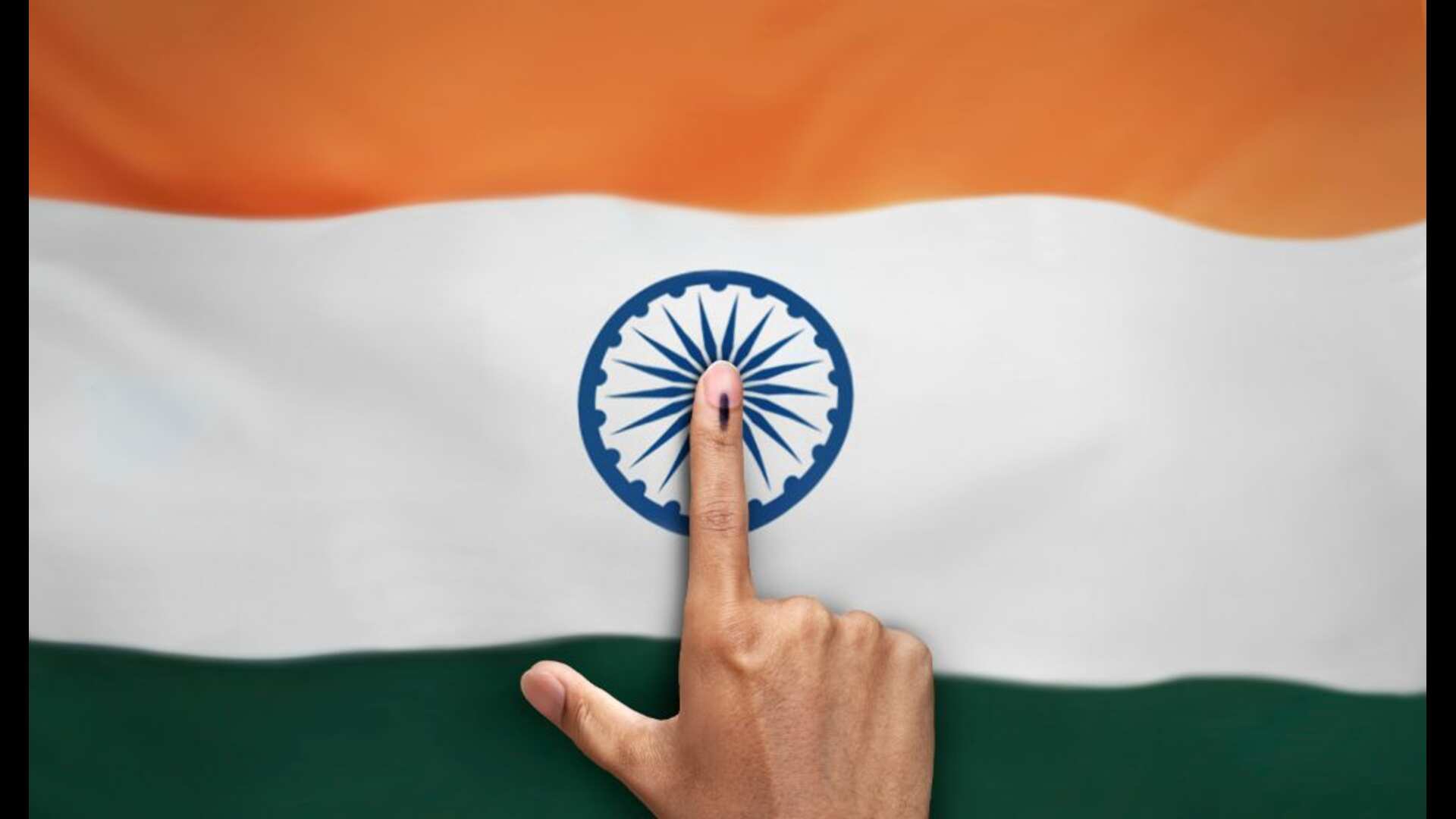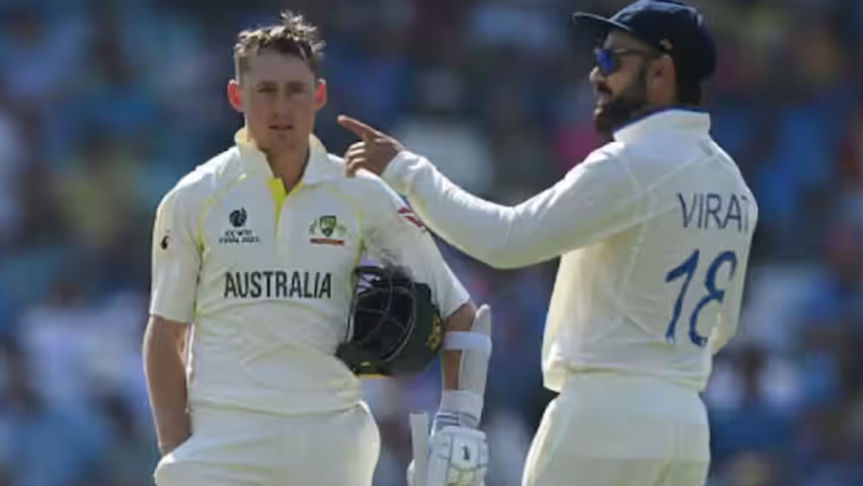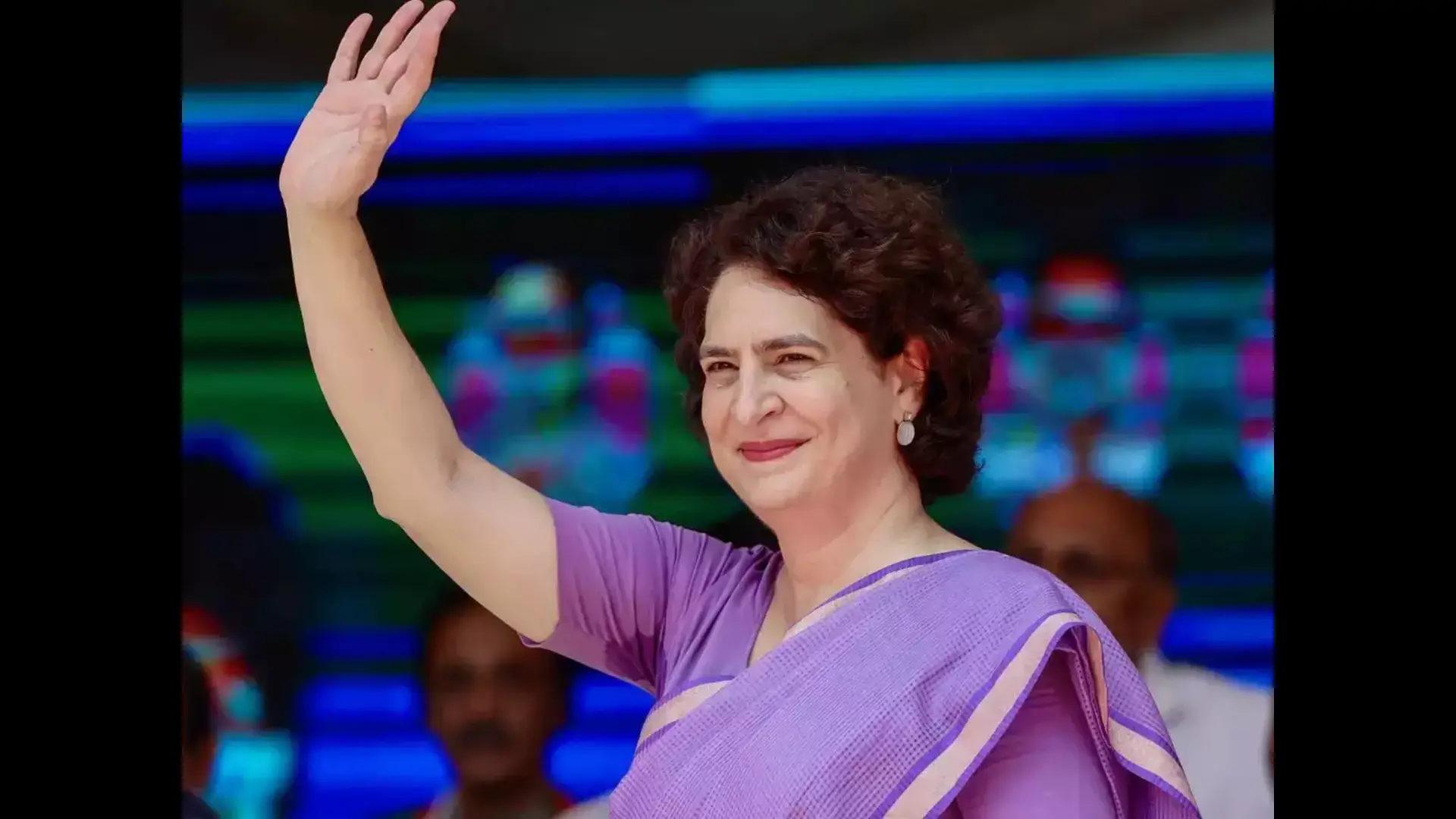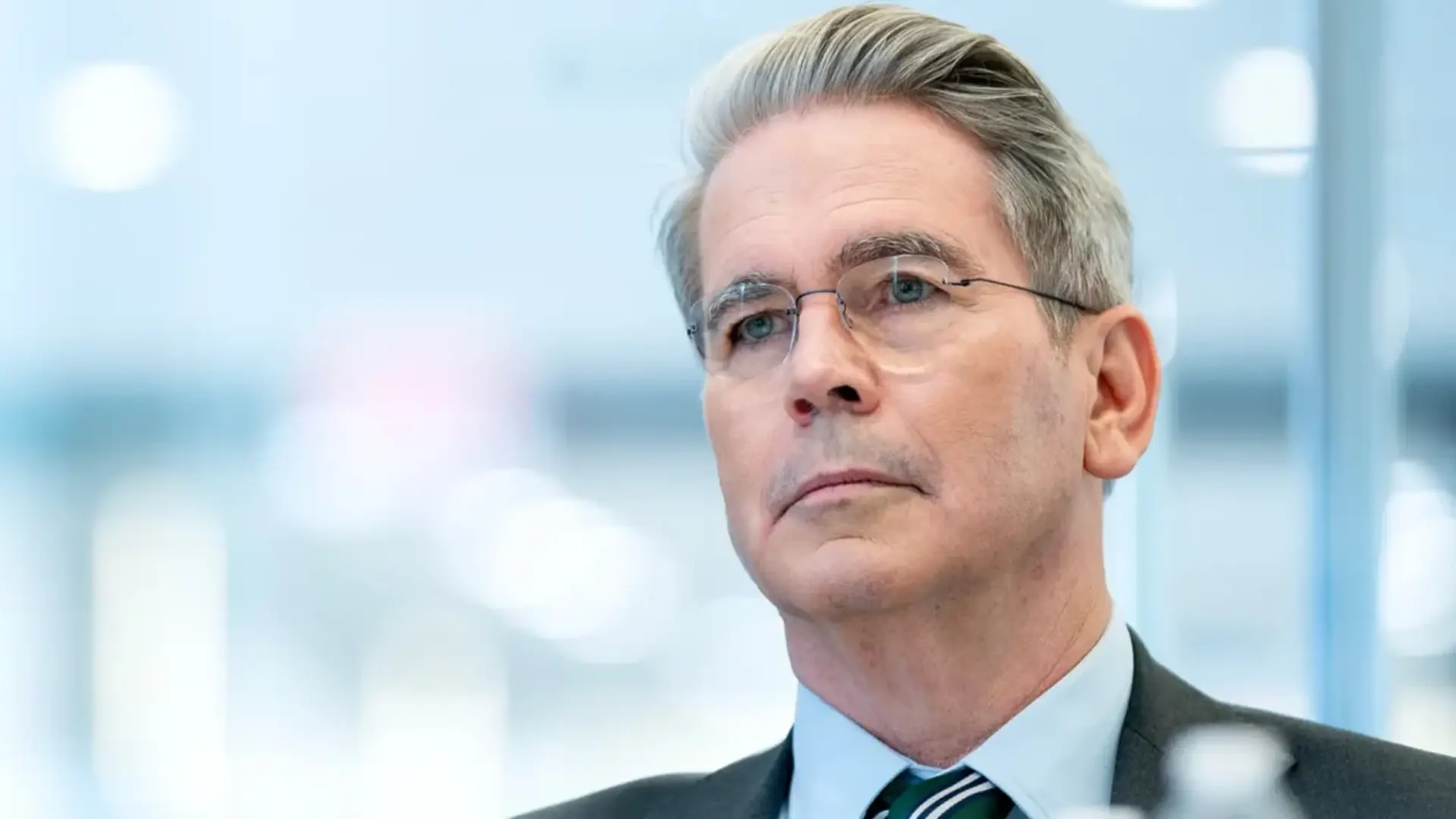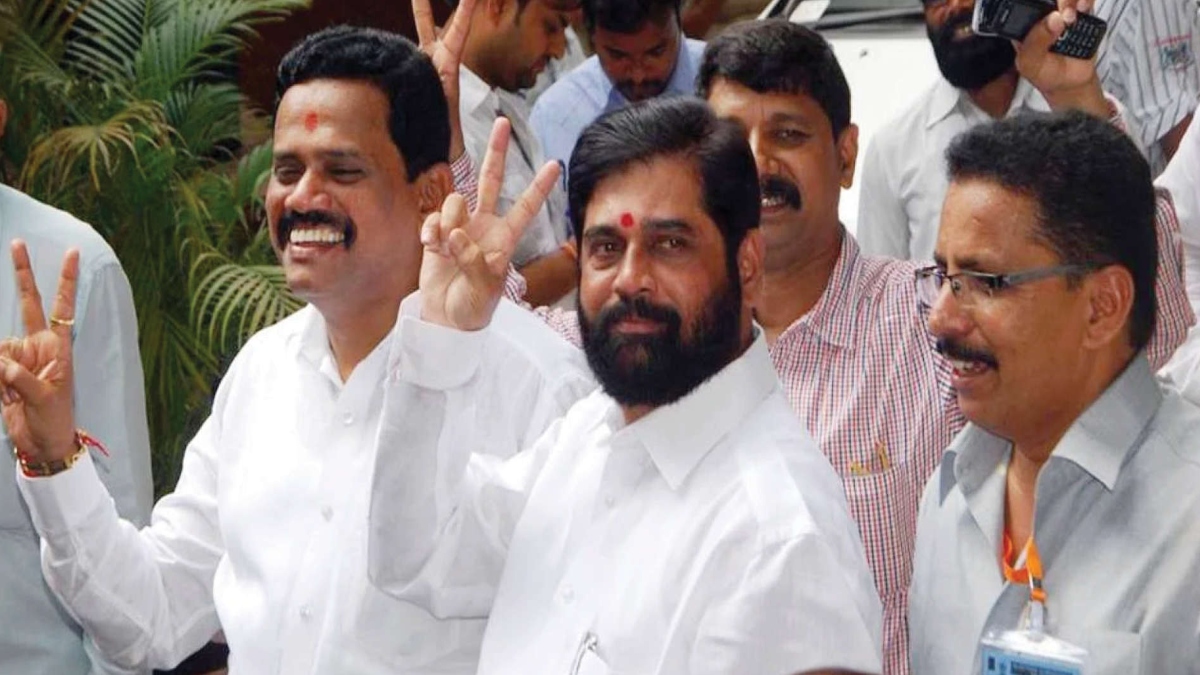
On 21 June 2022, Maharashtra Urban Affairs minister and senior Shiv Sena leader Eknath Shinde launched a rebellion against Chief Minister and Shiv Sena President Uddhav Thackeray. Shinde, along with 11 other Sena lawmakers, left for Surat in the neighbouring Bharatiya Janata Party (BJP)-ruled Gujarat. As the political crisis unfolded over the next few days, the roster of rebel Members of Legislative Assembly (MLAs) following Shinde allegedly jumped above 50 (as this goes to print), with 39 belonging to the Shiv Sena from its tally of 55 in the state assembly and rest either independent or coming from smaller parties. As the number of rebel MLAs increased, the Shinde camp shifted base to the north-eastern state of Assam, also ruled by the BJP, with families of some MLAs claiming they were held against their will. Interestingly, of the 39 rebel MLAs, nine are ministers in the Maha Vikas Aghadi (MVA) government, holding key portfolios of agriculture, urban development, finance and public health, amongst others.
The crises in India’s politically crucial and wealthiest state have escalated in less than a week as the fight has now reached the Supreme Court of India (SC). The rebel MLAs form a comfortable majority over the two-thirds, or 37, Sena MLAs required to bypass the anti-defection law and lay claim as a separate faction of the party. The Thackeray-led Shiv Sena has reached out to the Deputy Speaker of the Maharashtra Assembly to expel the rebel MLAs and prevent them from claiming Bal Thackeray’s legacy.
 The Maha Vikas Aghadi (MVA) alliance is in turmoil as Eknath Shinde, a Cabinet Minister from Maharashtra and veteran Shiv Sena leader, rebelled against the party leadership after the recently concluded MLC elections.
The Maha Vikas Aghadi (MVA) alliance is in turmoil as Eknath Shinde, a Cabinet Minister from Maharashtra and veteran Shiv Sena leader, rebelled against the party leadership after the recently concluded MLC elections.
Source: NDTV
 During the 2019 Maharashtra Assembly elections, BJP and Shiv-Sena contested as alliance partners.
During the 2019 Maharashtra Assembly elections, BJP and Shiv-Sena contested as alliance partners.
Source: Tv9 Marathi
GENESIS OF THE POLITICAL CRISIS
The political crisis unfolding in Maharashtra has its roots partly in the MVA coalition formed after the 2019 Maharashtra Assembly elections. While the elections gave a clear majority to the incumbent BJP-Shiv Sena alliance with 105 and 56 seats, respectively, seat-sharing agreement fell through as the alliance partners failed to reach an agreement over the ministerial berths and the chief minister’s post. The following days witnessed a curious turn of events from the implementation of President’s rule in the state to Nationalist Congress Party (NCP) leader Ajit Pawar’s failed rebellion to support the BJP under Devendra Fadnavis’ leadership. The BJP-Ajit Pawar government led by Fadnavis was sworn in with Pawar as the deputy CM but fell in less than three days as rebel NCP MLAs abandoned him. In an interesting turn of events, also involving the SC’s intervention to hold a floor test, NCP’s Sharad Pawar cobbled up an unusual coalition of parties with diametrically opposite ideologies as Uddhav Thackeray was sworn in as the 19th Chief Minister of the state. The MVA government comprising Shiv Sena, NCP, and the Congress had the backing of 163 MLAs, including independents and lawmakers from smaller parties.
Over the past two and a half years, the alliance has sailed through shaky waters with several within and outside the MVA also doubting the likelihood of the alliance completing a five-year term. Discordant MLAs across the three parties have shown unwillingness to support alliance partners and work together in ministries and departments apart from allegations of cross-voting in the Rajya Sabha and MLC elections. The recently concluded MLC and Rajya Sabha elections laid bare the deep fissures in the MVA with the Shiv Sena’s inability to transfer votes to the Congress MLC candidate. Subsequent cross-voting helped the BJP gain one extra MLC seat at the cost of the Congress. Adding to that, the Shiv Sena’s recent back and forth to fight the local body polls alone or in an alliance with the MVA partners has signalled the party leadership’s lack of faith in transferring its political coalition at the top to a social coalition and vote transfer to alliance candidates on the ground.
DISCONTENTMENT WITH INCUMBENT CHIEF MINISTER


 Shiv Sena had formed an alliance with Congress, NCP and independent MLAs with Uddhav Thackeray as Chief Minister.
Shiv Sena had formed an alliance with Congress, NCP and independent MLAs with Uddhav Thackeray as Chief Minister.
Source: India Today
Rebel leader Eknath Shinde has called the ruling MVA government an “unnatural alliance” and has referred to the rebellion as a desperate attempt to reinvigorate Balasaheb’s ideals and a critical step for the benefit of the Shiv Sainiks on the ground. What’s more, several key leaders were unhappy from the beginning as the Shiv Sena broke ties with the BJP, nurtured by Shiv Sena founder and party supremo Balasaheb Thackeray, after the 2019 elections. Many also felt that in spite of being the largest party in the coalition, two of the key portfolios- home (which is with NCP) and revenue (which is with Congress) remained elusive for the Sena MLAs. However, the Shiv Sena’s recent troubles are not simply a result of a poorly planned electoral coalition.
While Eknath Shinde and the rebel MLAs have expressed discontent in allying with the Congress, having vehemently fought over the years, Shiv Sena MLAs have also expressed their resentment with Chief Minister Uddhav Thackeray. Several MLAs have complained of the unavailability and inaccessibility of the Chief Minister to party MLAs, his biased favour of the alliance MLAs in the allocation of developmental funds, and their inability to meet him at the Chief Minister’s office. Senior leaders have expressed dissatisfaction at the rising clout of young leaders led by Chief Minister’s son and cabinet Minister Aaditya Thackeray and the consequent sidelining of seasoned leadership. Local leaders and MLAs such as Sanjay Shirsat also indicate the cadre’s unhappiness with the party’s move away from its core Hindu ideology, an unavoidable result of the party’s alliance with centrist NCP and Congress.

THACKERAY’S FIGHT FOR THE SENA
Shiv Sena MLAs have filed disqualification resolutions against rebels and counter resolutions have been filed by the rebels to quash the Deputy Speaker’s authority in the wake of the assumed loss of majority in the Maharashtra Assembly. The political crises may also jeopardise Uddhav Thackeray’s control over Shiv Sena and Bal Thackeray’s legacy. The rebel faction, in a direct attack on Thackeray’s leadership of the party, named their group Shiv Sena Balasaheb and has called out Uddhav Thackeray for his alleged inability to uphold Balasaheb’s ideals and ideology.
The rebel faction received a shot in the arm as the Supreme Court virtually put the disqualification proceedings initiated against 16 rebel Shiv Sena MLAs in abeyance. The court has extended the time for them to file their response to the notice issued by the Deputy Speaker of the Maharashtra Assembly till 12th July 2022. It has also questioned the legality of the Deputy Speaker to decide on its own removal.
 Eknath Shinde along with other rebel MLAs are demanding withdrawal of Shiv Sena from the MVA alliance with Congress and NCP.
Eknath Shinde along with other rebel MLAs are demanding withdrawal of Shiv Sena from the MVA alliance with Congress and NCP.
FUTURE OF SHIV SENA AND MVA
The MVA’s numbers appear to have fallen from 163 in the 288 seat Maharashtra Assembly as Shinde claims the support of 39 Sena lawmakers and six independents. The regime’s future looks bleak with its reduced numbers and is unlikely to prove its majority in the assembly. If the Shinde faction is able to hold fort and get a clean chit from the SC it could eventually back or even merge with the BJP and lead to a regime change, embarrassing the incumbent MVA government. It may give way to the formation of a new BJP government in the state, most likely under former chief minister Devendra Fadnavis’ leadership and with support from Shinde’s 45 plus MLAs. The BJP is the single largest party in the state assembly, holding 106 MLAs and, combined with 45 rebels, has the ability to cross the halfway mark of 144. However, not all rebel MLAs are willing to support the merger with the BJP.
While the BJP is coming across as a mute spectator and has called the crises an ‘internal matter’ of the Shiv Sena, purported meetings between Shinde, Fadnavis, and Union Home Minister Amit Shah cast aspersions on the party’s role in the crises or its final outcome. The next few days will be crucial not only for Eknath Shinde and his ability to lead one of the largest ever rebel factions that the state has witnessed, but also for Uddhav Thackeray, who is fighting to retain control of the Shiv Sena and the legacy of his father Balasaheb Thackeray.
Source: NDTV


Contributing reports by Arin Prabhat, Ashita Koul, Kaustav Dass, and Nehla Salil, Interns at Polstrat.
